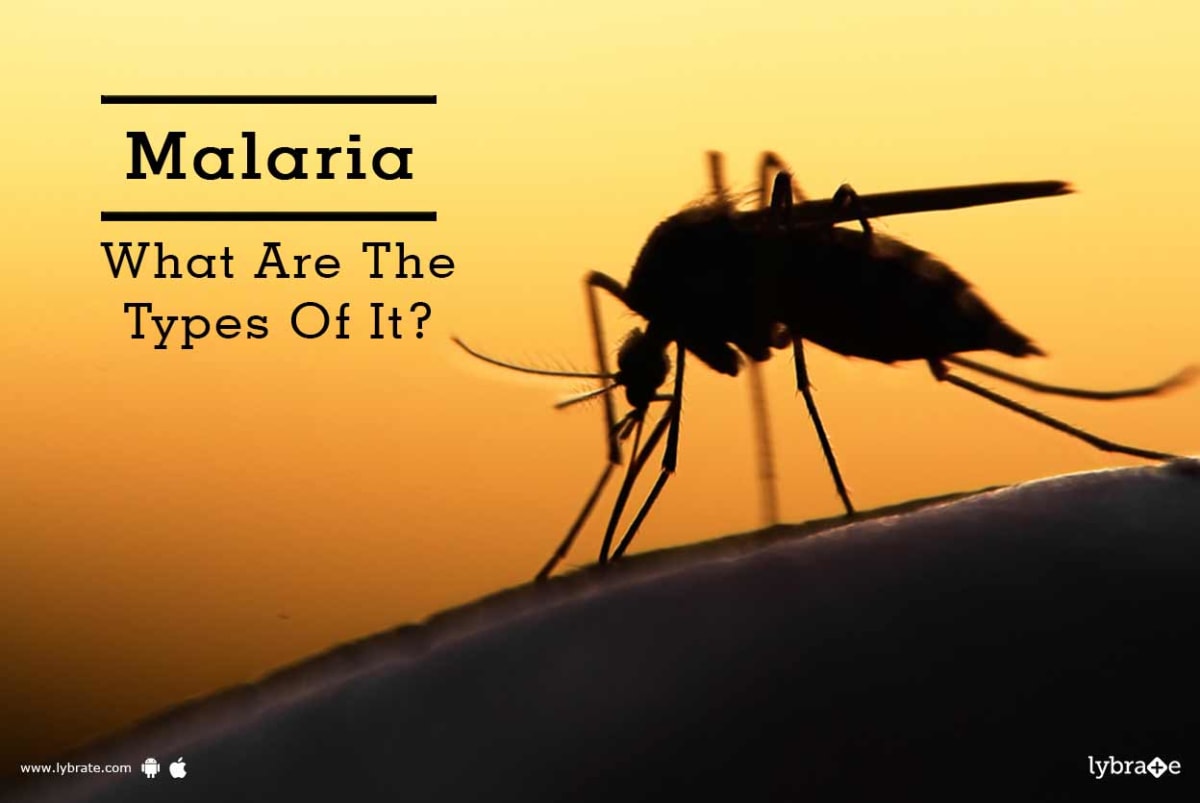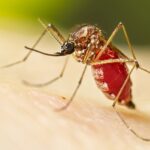The World Health Organisation Regional Director for Africa, Dr Matshidiso Moeti, on Monday, at the launch of the 2022 Nigeria Malaria Report in Abuja affirmed that the malaria death rate in Nigeria has dropped by 55 percent.
Moeti also confirmed the significant progress on HIV between 2015 and 2021. She said: “The African Region carries a high proportion of the global malaria burden, accounting for about 95 per cent of all malaria cases and 96 per cent of all malaria deaths in 2021.
“While Nigeria accounts for around 27 per cent of the global burden of malaria cases, the country has seen major progress. Malaria incidence has fallen by 26 per cent since 2000 – from 413 per 1000 to 302 per 1000 in 2021. Malaria deaths also fell by 55 per cent, from 2.1 per 1000 population to 0.9 per 1000 population.
READ ALSO: More African countries to receive lifesaving malaria vaccine
“Drivers of this continuing disease burden include the size of Nigeria’s population, making scaling up intervention challenging; suboptimal surveillance systems, which pick up less than 40 per cent of the country’s malaria data; inadequate funding to ensure universal interventions across all states; and health-seeking behaviour, where people use the private sector, with limited regulation preferentially.”
However, she emphasised that tackling the prevention, elimination, and control of malaria, as well as other diseases, relies on gathering crucial data and information for making well-informed investments and decisions. She also highlighted that the report offers vital information about the malaria situation in the country.
Moeti mentioned that in the future, the Regional Office should assist in generating the necessary data and evidence for developing similar reports on various diseases and conditions. This, she added, would enable countries to monitor interventions at both national and sub-national levels and tailor the allocation of funds from donors and the government for controlling both communicable and non-communicable diseases.
Prof Ali Pate, the Coordinating Minister of Health and Social Welfare, contributed, stating that the government would focus on enhancing health governance in the country.
He emphasised that the government, in collaboration with development partners and the private sector, would mobilise resources to enhance health outcomes. He also indicated that the ministry had plans to retrain approximately 120,000 health workers and update their practice standards.
He added, “Whatever actions we take, our ultimate goal is to reduce the disease burden, thus improving the chances of survival for those afflicted by life-threatening infections.”


![Relishing Ugba [Oil Bean] Delicacy](https://www.primebusiness.africa/wp-content/uploads/2025/06/Ugba-delicacy-720x480.jpg)














Follow Us